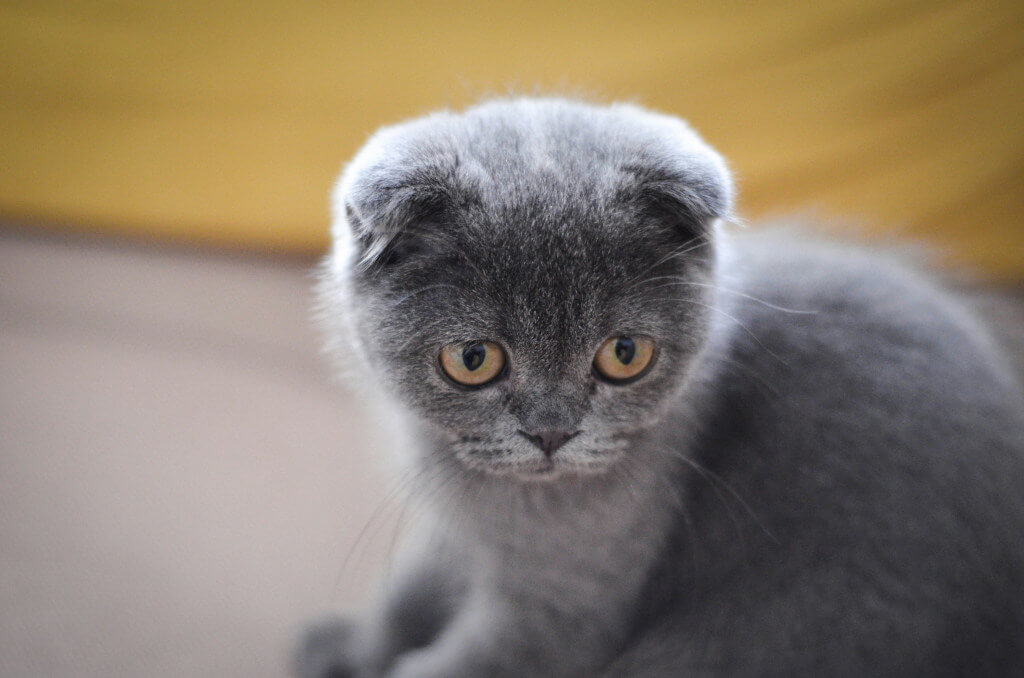Are Scottish Folds Ethical?
Scottish Folds are instantly recognizable for their folded ears and round, teddy-bear faces. They're popular, photogenic, and often marketed as gentle, quiet companions. But behind the cuteness lies a serious ethical concern — one that many breeders and buyers still choose to ignore.
Are Scottish Folds ethical cats to breed and own? Let’s look at the facts.
The Folded Ears Are a Genetic Defect
The iconic ear fold isn’t just a quirky trait — it’s the result of a genetic mutation that affects cartilage throughout the entire body, not just in the ears.
This condition is called osteochondrodysplasia — a developmental disorder that causes abnormal bone and cartilage growth.
It’s not just cosmetic. It’s painful.
Affected cats are prone to:
- Early-onset arthritis
- Swollen joints
- Lameness or stiffness
- Limited mobility, even in youth
Even “Healthy” Folds Are Affected
Some breeders claim their kittens are “healthy” because they only breed one folded-ear parent with a straight-ear one. This reduces the risk of severe deformities — but it doesn’t eliminate them.
Every Scottish Fold with folded ears carries at least one copy of the mutation that causes skeletal disease.
Even single-copy (heterozygous) cats are clinically affected, just more slowly or subtly.
What Vets and Welfare Groups Say
Veterinary associations and animal welfare organizations have taken clear stances:
- The British Veterinary Association recommends against breeding Scottish Folds.
- In countries like the Netherlands and Scotland, breeding them is considered a violation of animal welfare laws.
- Veterinarians worldwide report treating young Folds with chronic pain and arthritis before age 2.
Ethical Alternatives Exist
If you love the calm temperament and rounded appearance of Scottish Folds, consider these healthier breeds:
- British Shorthair – similarly calm and cuddly
- Ragdoll – affectionate, plush, and people-loving
- Selkirk Rex – has a teddy-bear look with no known cartilage disorders
Better yet: adopt a mixed-breed cat from a rescue — many have Fold-like features without the genetic baggage.
Final Thought
Buying a Scottish Fold supports a trade built on knowingly breeding animals with painful, lifelong disorders. There's no way around it — if you care about animal welfare, it’s time to look elsewhere.
Don’t reward cuteness when it comes at such a high cost.
